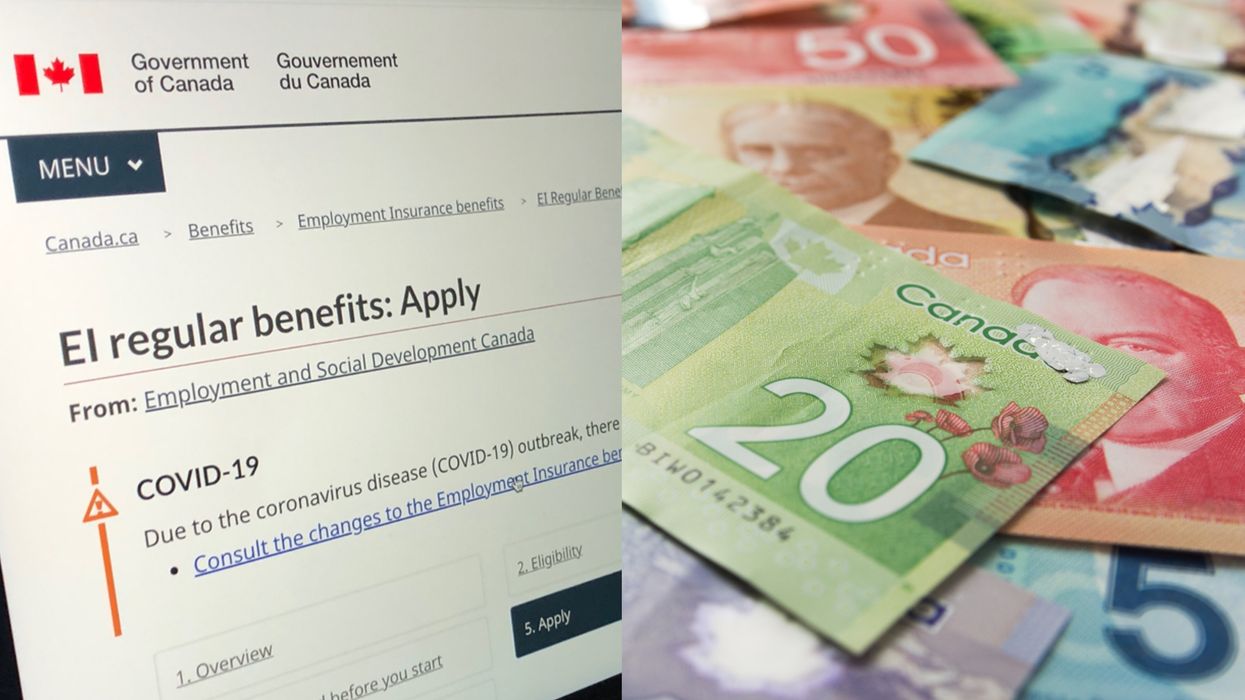Here's Everything You Need To Know About Claiming EI During The Pandemic
To help make it easier for Canadians to claim Employment Insurance (EI) during the pandemic, the government has recently announced some changes to the application process.
As of January 31, the waiting period for claiming EI has been suspended, allowing claimants to get money for their first week of unemployment ASAP.
If you’re unsure about EI eligibility or think you may qualify for the financial support, here’s everything you need to know:
Editor's Choice: Feds Say Sun Destination Ban Doesn't Mean You Can Go On Vacation Somewhere Else
What is Employment Insurance (EI)?
Employment Insurance (EI) is a regular benefit paid to Canadians who are out of work due to no fault of their own.
It supports individuals who may have been laid off, people working in seasonal roles and those working in struggling industries, among others.
Those claiming must be available and able to work, but unable to find a job.
It’s also available to Canadians who need time off for life events such as illness, pregnancy or caring for a newborn child or ill family member.
Unlike the Canada Recovery Benefits, it was also available prior to COVID-19 and the amount on offer varies on a case-by-case basis.
It’s administered by the Canada Employment Insurance Commission (CEIC) and has already been claimed by over 1 million Canadians since the Canada Emergency Response Benefit (CERB) ended in 2020.
How has it changed during COVID-19?
In September 2020, the EI program was temporarily updated to help Canadians access help faster during the pandemic.
The new changes allow eligible Canadians to qualify for the funding with just 120 insured hours, instead of the 420 insured hours required prior to September.
In addition, all claimants will receive at least $500 per week before taxes, with the possibility of more.
These changes are set to stay in place until at least September 2021.
In January, the benefit was updated once again to enable people to claim the cash without a waiting period.
This means Canadians applying for any period between January 31, 2021, and September 25, 2021 will be entitled to an extra week of income support.
How do you apply for EI?
First, applicants must fill out an online application form, which takes about one hour to complete.
It’s a step-by-step questionnaire that provides detailed instructions on how to complete the form and share the appropriate information.
You’ll need to include details like your SIN number, mother’s maiden name, previous employer's names and the reason you were laid off.
You should also have your bank details on hand, as EI benefits can be credited via direct deposit.
Once completed, Service Canada will be in contact about your claim by phone or email if you are found ineligible.
If approved, regular benefits should be received within 28 days of submission.
